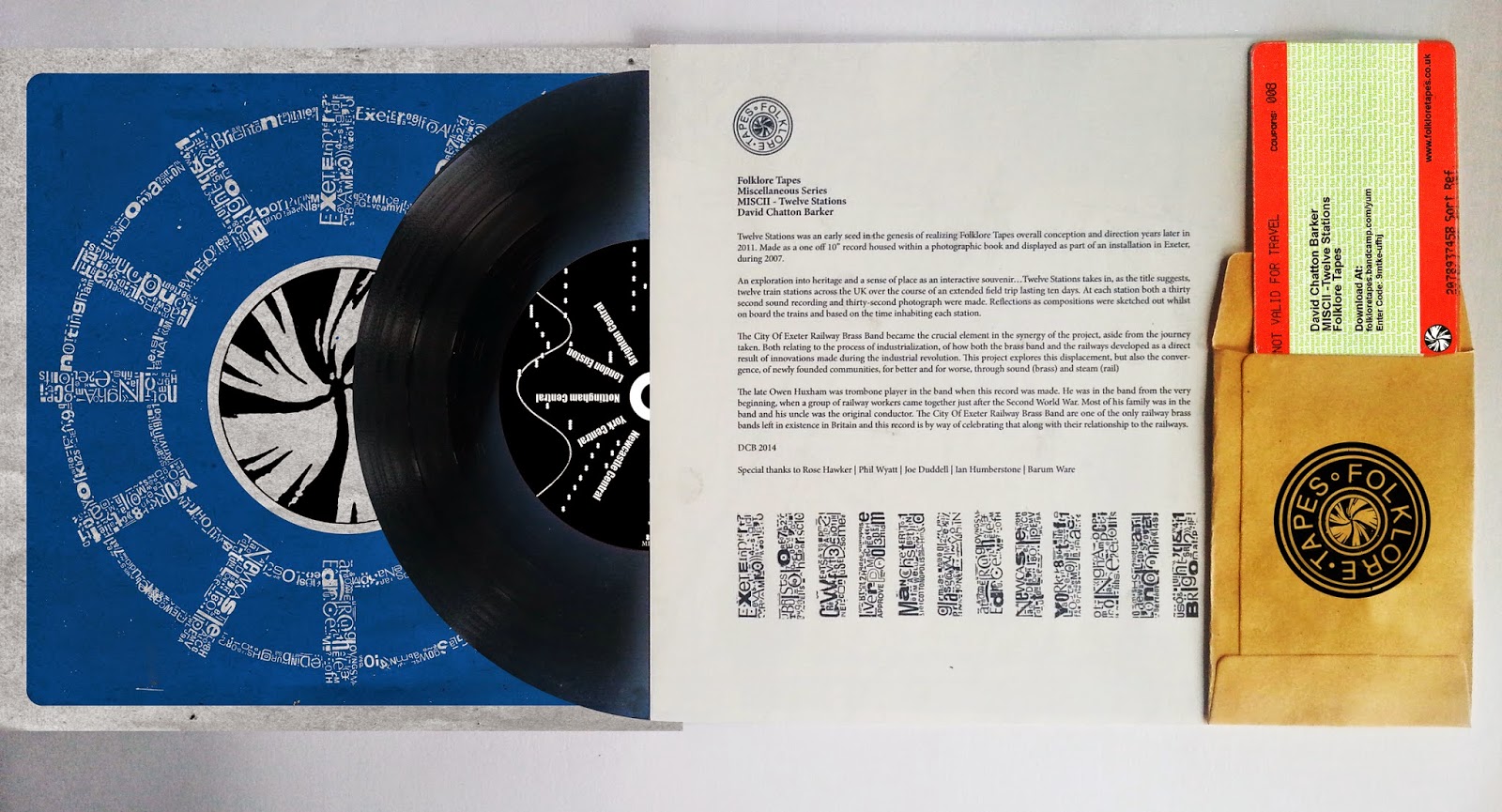by Ian Humberstone and David Chatton Barker
Available to pre-order: 1st May, 2014 (more details to follow).
Available to pre-order: 1st May, 2014 (more details to follow).
Format and contents: limited edition box-set containing seven seven-inch records, download code, DVD, twenty-four page booklet, poster, seven postcard prints.
Theo Brown and the Folklore of Dartmoor explores the stories and folk-beliefs of seven Dartmoor villages through experiments in sound and vision. It also celebrates the life of the late folklorist and artist Theo Brown, whose publications, papers and woodcuts have lain dormant in the archives at Exeter University since her death in 1993. Using Brown’s unpublished research, Ian Humberstone and David Chatton Barker have crafted an audio-visual retelling of Dartmoor folklore grounded in the moor’s topography, history and folk-culture.
Theo Brown was an important and much maligned figure within twentieth-century folkloristics, who documented the arcane tales and traditions of her native Devon through first-hand accounts, often, in her younger years, camping out on the county’s waysides to do so. While her successes are the papers and monographs she authored, she was not afforded the full credit due her endeavours by the academic class of her day, who criticised her lack of formal training. Her writing is infused with a creative flair borne of her background as an artist, and the box-set is enriched by seven postcard print reproductions of her ‘lost’ woodcut images salvaged from dusty archive shelves.
 |
| Postbridge |
Each seven-inch record takes a Dartmoor village as its theme, and each side recreates a folktale from that location as a textured soundscape, using composed music, foley work and site-specific field-recordings to conjure up long forgotten ghosts. Inspired by 1970s film soundtracks and library music, as well as the early sonic experimenters Pierre Henry and Karlheinz Stockhausen, the tracks utilise analogue recording techniques—tape loops, delays and hand-manipulations—to twist the thick organic textures into psychonautic permutations. Full transcripts of the tales covered by the records are included in the booklet, which are copied verbatim from Brown’s original notes, and intended, along with an accompanying map, as reference points to the audio.
 |
| Postbridge / Merripit |
Tactile technology and biological elements also shape the film contained on the DVD, which, in a style reminiscent of Stan Brackhage, is the product of process-led chance and spontaneity. Shot on-location on Dartmoor, the original 8mm films were caked in mould, leaves, and other organic material collected from the moor in post-development, and left to decompose before transfer. The result is an unnerving visual dreamscape, warped and manipulated by Dartmoor itself into a psychic cinematography of rich natural colours and twilit landmarks. A special edit of the music contained on the records accompanies the piece.
These materials are housed within a hand-stamped, numbered and book-cloth covered box, the size of which belies the hidden world within. The container is a psychopomp with muddy feet and mischievous saucer-eyes, waiting to lead the unsuspecting traveller through mist-shrouded lanes and out into the breadth of the wilderness, into the midst of seething, surging and clamouring stories.
 |
| Moretonhampstead |


